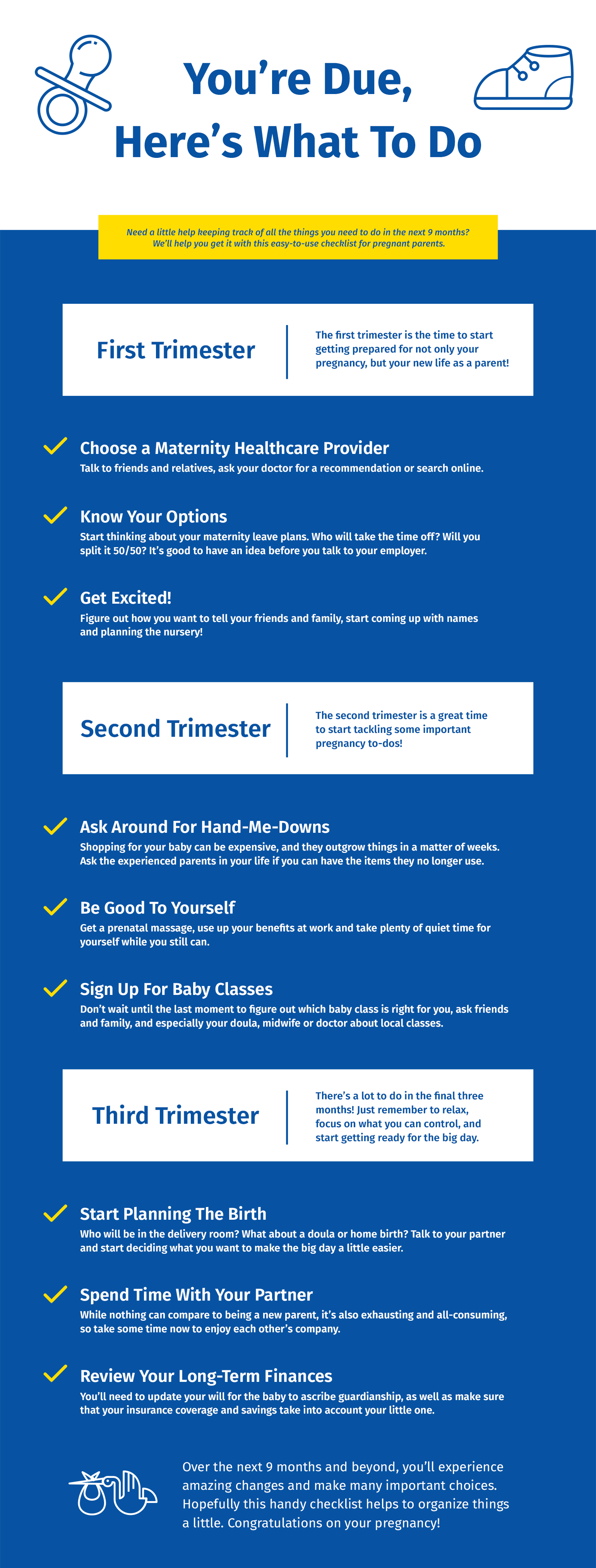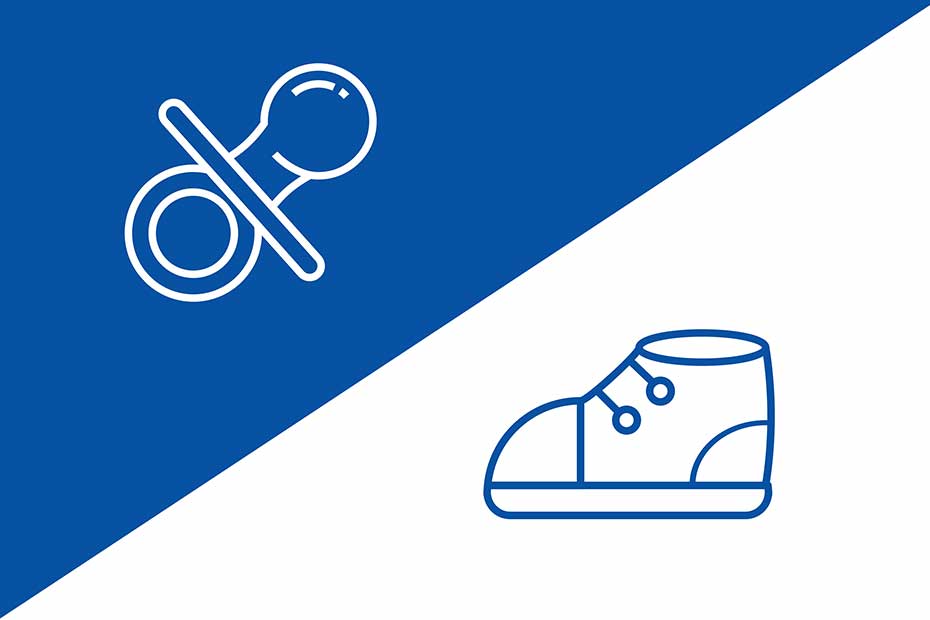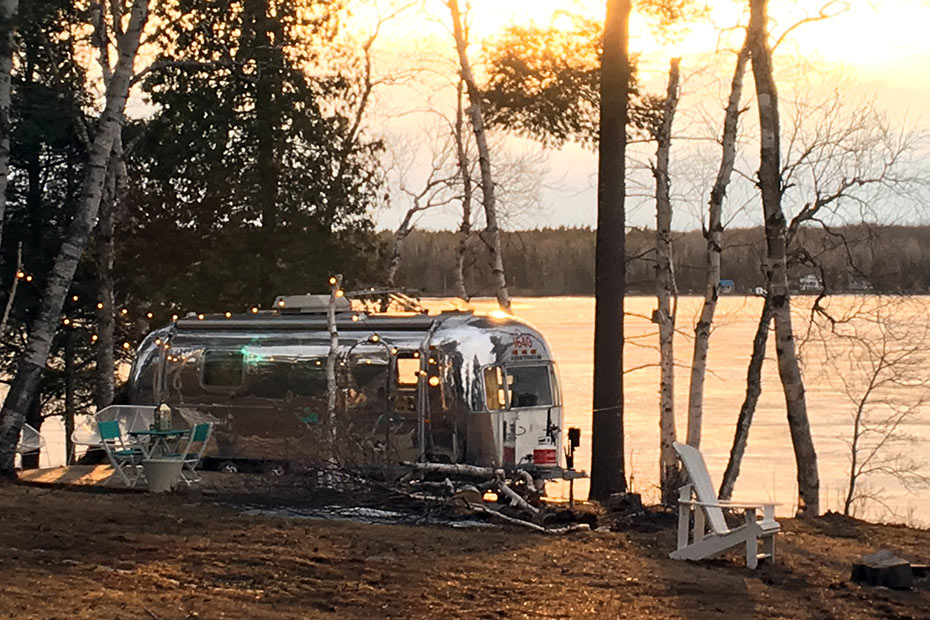
Interested to see how Life Insurance can protect your family? Or would you rather talk to someone? Call us at 1-800-769-2568 or find an advisor near you.
Need a little help keeping track of all the things you need to do in the next nine months? We’ll help you get it with this easy-to-use checklist for expecting parents.
First Trimester
The first trimester is the time to start getting prepared for not only your pregnancy, but your new life as a parent!
Choose a Maternity Healthcare Provider
Talk to friends and relatives, ask your doctor for a recommendation or search online.
Know Your Options
Start thinking about your maternity leave plans. Who will take the time off? Will you split it 50/50? It’s good to have an idea before you talk to your employer.
Get Excited!
Figure out how you want to tell your friends and family, start coming up with names and planning the nursery!
Second Trimester
The second trimester is a great time to start tackling some of the most important pregnancy to-dos.
Ask Around For Hand-Me-Downs
Shopping for your baby can be expensive, and they outgrow things in a matter of weeks. Ask the experienced parents in your life if you can have the items they no longer use.
Be Good To Yourself
Get a prenatal massage, use up your benefits at work and take plenty of quiet time for yourself while you still can.
Sign Up For Baby Classes
Don’t wait until the last moment to figure out which baby class is right for you, ask friends and family, and especially your doula, midwife or doctor about local classes.
Third Trimester
There’s a lot to do in the final three months, so just remember to relax, focus on what you can control, and start getting ready for the big day.
Start Planning The Birth
Who will be in the delivery room? What about a doula or home birth? Talk to your partner and start deciding what you want to make the big day a little easier.
Spend Time With Your Partner
While nothing can compare to being a new parent, it’s also exhausting and all-consuming, so take some time now to enjoy each other’s company.
Review Your Long-Term Finances
You’ll need to update your will for the baby to ascribe guardianship, as well as make sure that your insurance coverage and savings take into account your little one.
Over the next 9 months and beyond, you’ll experience amazing changes and make many important choices. Hopefully this handy checklist helps to organize things a little. Congratulations on your pregnancy!
*Home and auto insurance products are distributed by RBC Insurance Agency Ltd. and underwritten by Aviva General Insurance Company. In Quebec, RBC Insurance Agency Ltd. Is registered as a damage insurance agency. As a result of government-run auto insurance plans, auto insurance is not available through RBC Insurance in Manitoba, Saskatchewan and British Columbia.
This article is intended as general information only and is not to be relied upon as constituting legal, financial or other professional advice. A professional advisor should be consulted regarding your specific situation. Information presented is believed to be factual and up-to-date but we do not guarantee its accuracy and it should not be regarded as a complete analysis of the subjects discussed. All expressions of opinion reflect the judgment of the authors as of the date of publication and are subject to change. No endorsement of any third parties or their advice, opinions, information, products or services is expressly given or implied by Royal Bank of Canada or any of its affiliates.
Share This Article
Read This Next









